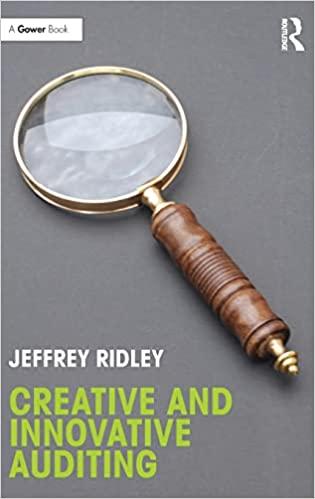Question
A reserve price is a minimum price set by the auctioneer. If no bidder is willing to pay the reserve price, the item is unsold
A reserve price is a minimum price set by the auctioneer. If no bidder is willing to pay the reserve price, the item is unsold at a profit of $0 for the auctioneer. If only one bidder values the item at or above the reserve price, that bidder pays the reserve price. An auctioneer faces two bidders, each with a value of either $114 or $152, with both values equally probable. Without a reserve price, the second highest bid will be the price paid by the winning bidder.
The following table lists the four possible combinations for bidder values. Each combination is equally likely to occur.
On the following table, indicate the price paid by the winning bidder with and without the stated reserve price.
| Bidder 1 Value | Bidder 2 Value | Probability | Price Without Reserve | Price with $152 Reserve Price |
|---|---|---|---|---|
| ($) | ($) | ($) | ||
| $114 | $114 | 0.25 | ||
| $114 | $152 | 0.25 | ||
| $152 | $114 | 0.25 | ||
| $152 | $152 | 0.25 |
Without a reserve price, the expected price is
. With a reserve price of $152, the expected price is
. Thus, the expected price is larger the reserve price.
Step by Step Solution
There are 3 Steps involved in it
Step: 1

Get Instant Access to Expert-Tailored Solutions
See step-by-step solutions with expert insights and AI powered tools for academic success
Step: 2

Step: 3

Ace Your Homework with AI
Get the answers you need in no time with our AI-driven, step-by-step assistance
Get Started


